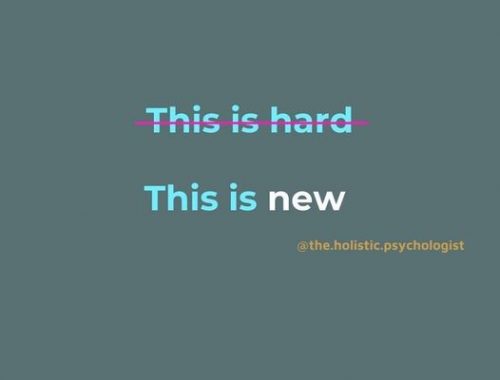Creating shared accountability in your team
A lot has been written about building a great team: Trust, communication, relationships, and shared goals. Less is said about accountability.
While trust may be the bedrock of any good team, being able and willing to hold each other accountable is what can make or break a great team.
If you don’t have accountability, it means you can’t trust the others in your team to do what they say they will, meet expectations, or behave in line with your values. Sometimes this is because everyone has a different understanding of what is expected – you’re just not on the same page. In some teams, there is that one person who doesn’t hold up their end of the bargain.
The challenge is, if you aren’t willing or able to raise problems with your colleague, then resentment builds up, and ultimately relationships break down. Patrick Lencioni, in his book Five Dysfunctions of Team, lists a lack of accountability as one of the traits of a dysfunctional team. He says at the essence of this dysfunction is “the unwillingness of team members to tolerate the interpersonal discomfort that accompanies calling a peer on his or her behavior and the general tendency to avoid difficult conversations.”
So, the key to accountability is that it is not only the person who is not delivering or behaving badly that is at fault. It is also the colleague who saw it happen and was unwilling to have a difficult conversation.
“Members of great teams improve their relationships by holding one another accountable, thus demonstrating they respect each other and have high expectations for one another’s performance.”
Patrick Lencioni, Five Dysfunctions of a Team
I used to have this conversation with my team regularly. After a long day of meetings, I would get back to my desk and find someone waiting to complain about a colleague who was not delivering or who behaved badly on the floor. My first question was always – “Did you speak to them?” I didn’t mean to yell out across the floor. I meant did you pull them into a meeting room and say, “Hey, that wasn’t ok.”
Inevitably, the answer was almost always no. “I don’t want them to be upset at me.” “I didn’t know what to say” or the worst, “It’s not my job”. I had a great team who respected each other and worked well together. But this was a common occurrence and a key issue that impacted individual working relationships.
I am running a session on accountability with a leadership team in a few weeks and was doing some research on this topic. I found that very little had been written about what accountability looks like (aside from my friend Patrick) and how to build it. So, here goes.
What does a team with accountability look like ?
For accountability to work, it needs to be spoken about openly so that everyone understands and agrees that it is how you will work together, and as a result, there may be some awkward conversations.
What does accountability look like:
- You have shared understanding of behaviours, values and deliverables. You understand how you work together.
- If anyone is unsure about what is expected of them, they ask questions – When do you need it? What do you mean by that? What does that look like to you?
- Every person is willing to call each other out when someone is letting the team down. This might be because they haven’t delivered, aren’t performing, or are just not behaving in line with the team values. You don’t have to have this conversation in an aggressive, condescending, or rude way, but you need to have the conversation. As Stephen Covey once said, “Seek first to understand, then be understood” – go in trying to figure out what is going on and how you can help.
- Working in a team with a high level of accountability means not wanting to disappoint each other. You want to work hard, try hard, meet deadlines because you don’t want to let your colleagues down. It is a feeling that you are part of a bigger goal and that it’s not about you but the team.
- It means being able to say (and to think) I know I can rely on you, and you can rely on me.
- Most importantly, having accountability means not talking behind each other’s backs but to each other’s faces.
Accountability shouldn’t be a surprise in a team. It can’t be one person (it can’t just be the Team leader). It has to be everyone.
How do you get there?
If you aren’t there yet and you are wondering how you start to create a culture of accountability in your team, here is where to start.
- Build trust in your team. None of this will be possible if you don’t trust each other. What is important is to see each other as people not just workmates. Here are a few tips from me to get you started on building trust in your team.
- Talk about accountability openly in your meetings. Are we willing to hold each other accountable? How can we do this in a really polite and respectful way? Is there a space or a way that we can have a difficult conversation? I love this concept from Chris Huet about seeking permission to have a challenging conversation – so simple but so powerful.
- Practice hard conversations. You can’t just one day hope to have the skills to raise difficult topics and know how to handle the response. You need to think about how to do it and consider ways to engage effectively during tough, sometimes highly emotional interactions. The Fairwork Ombudsman has a free course to help you get better at hard converstaions.
- As a team, agree on the parameters. You can’t call each other out on every little thing. What does accountability look like in your team? How can you share when you are just having a bad day? How can you build in a little forgiveness and empathy? This will be different for every team. There are heaps of examples and methods to having this conversation, here is just one based on personalities and team dynamics to get you started.
- Be brave! This is not easy. You will have to be courageous to do this, but the outcome is worth it.
Need some help working through this with your team. Give me a call. I love engaging with leadership teams to determine how they can work better together.

